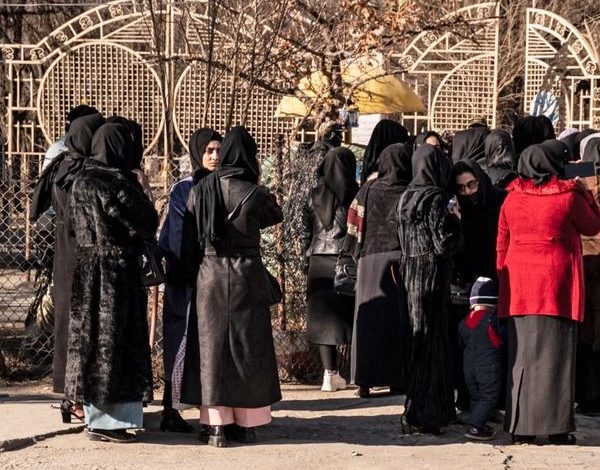
The official of the media department of the Union of Private Universities of Afghanistan told the Toronto Star that nearly 35 universities and institutions of higher education will be closed due to the continued prohibition of women’s education by the Taliban. Mohammad Karim Naseri says that the universities that had the largest number of female students will be closed earlier than the others.
Mr. Naseri says that before the return of the Taliban, nearly 200,000 students were studying in private universities, 70,000 of whom were women.
According to him, with the activities of these higher education institutions, nearly 25,000 jobs were created, but with the covid epidemic and the ban on the education of women and girls, 6,000 people have lost their jobs in this sector.
Sama Mohammadi, a final year student of political science and international relations at one of Afghanistan’s private universities, told the Toronto Star two weeks ago that the private university where he studied announced that the administrators of the university had decided to sell it.
They cited financial problems as a result of the ban on girls’ education and student dropout.
This female student said: “The news of the sale of the university was another bad thing that happened in my life. I do not believe that the university will reopen. I have lost hope to study. “In fact, I have lost hope in life.”
With the Taliban decree banning girls from studying in universities, now the only thing Sama can do is housework.
“There is nothing left for us,” he says. We have no right to study, no right to work, no right to go out. “The house has become another prison.”
In an interview with the Toronto Star, one of the professors of political science in a private university with the pseudonym Adel Ahmadi described the situation as suffocating.
He said that the Taliban have even appointed someone in private universities to listen to what the professors are teaching from behind the door. He said that the Taliban had ordered them not to talk about Afghanistan’s internal politics in political science classes.
He added: “After the Taliban government, we no longer have a university in the literal sense of the word. Specialized subjects are removed and instead, religious subjects are taught by a mullah based on the Taliban’s interpretation of Islam. Now the university has become a religious school.
The university professor said that the Taliban’s dominance has destroyed the motivation to study among students, as there is no hope of working for the government or future opportunities in the country.
He said that preventing girls from studying has accelerated the decline of private universities.
Mr. Ahmadi believes that the Taliban will not rule for long, but its legacy will remain.
Nader Naderi, a fellow at Stanford University’s Hoover Institution and a member of the negotiating team with the Taliban, told the Toronto Star that the Taliban have already returned to the same harsh policies of the 1990s, except for a total media ban.
According to Mr. Naderi, their restrictions on Afghan women are no different than when they first came to power in the 1990s.
He added: “Afghanistan has gone back at least half a century in all fields, especially in education. If this trend continues, the country will be deprived of educated human resources for development in the coming decades.”
Mr. Naderi said he saw no sign of meaningful discourse or internal action among the Taliban that could lead to positive change.
He added: “A group that sets its rules based on religious ideologies leaves no room for change or has no motivation to change.”




